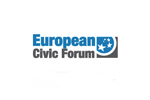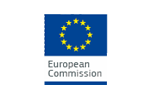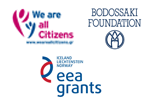The purpose of the PrimCare Sector Policy Support Programme (PrimCare SPSP) is to accompany the current Government reforms in the health sector, in order to make the system: a) more equitable, thanks to Universal Health Coverage (called 'National Health Insurance') b) more effective, i.e. shift from a hospital-based approach to a clinic/primary health care one c) more efficient, i.e. shift from a curative, costly approach to a preventative one focusing at behaviour change communication, community health workers and promoting healthy choices. The main results anticipated were as follows: a) Increased access to Primary Health Care (PHC) services b) Improved quality of PHC services c) Improved capacity for management of primary healthcare facilities d) Accelerated implementation of national plans for HIV/AIDS and TB e) Improved Maternal and Child Health.
The main objectives of this project/evaluation are twofold:
- Produce an overall independent assessment of the past performance of the PrimCareSPSP, using the five standard DAC evaluation criteria, namely: relevance, effectiveness, efficiency, sustainability and perspectives of impact, paying particular attention to its results measured against its expected objectives (including the PrimCare SPSP contribution towards the Government of South Africa health strategies and policies, by providing opportunities to advance towards Universal Health Coverage); and the reasons underpinning such results; comparison with other aid modalities (grant projects and complementary measures supported in the PrimCare SPSP), in order to assess the complementarity and synergy (or discrepancy) of these modalities with budget support; the effects of the budget support operation on the M&E systems
- Document key lessons learnt, best practice, conclusions and related recommendations, in order to improve current and future Actions, specifically in middle and high-middle income countries, in line with the SDG 3.8 of advancing universal health coverage, by also producing case studies, videos, cost-effectiveness, efficiency and scalability analysis ("value for money"/business cases), for ease of communicating what the programme has achieved. In addition, the evaluation will assess: a) the EU added value and b) the coherence of the Action itself, with the EU strategy in South Africa and with other EU policies and Member State Actions, and other donors such as the Global Fund and USAID.
This project is financed by the EU and implemented by ANCE in cooperation with EMERCON.







